Are they or aren’t they? That’s the question many are asking after the Congress claimed that Russia, a long and trusted ally of India, has ignored New Delhi’s appeals and proceeding to supply advanced engines to Pakistan’s fleet of Chinese-made JF-17 fighter jets.
But is there any truth to these claims? Notably, these claims have emerged before Russian President Vladimir Putin’s scheduled visit to India, with December 5-6 being worked out for now.
If these claims are correct, what does this mean for India-Russia ties that date back to even before Independence?
We take a closer look.
Russia to sell jet engines to Pakistan?
On Saturday (October 4), the Congress, the leading opposition party in India, said that the “Narendra Modi government should explain why Russia — once India’s most reliable strategic ally — has chosen to ignore New Delhi’s appeals and proceed with supplying advanced RD-93MA engines to Pakistan’s fleet of Chinese-made JF-17 fighter jets”.
“The latest Block III variant of this aircraft will feature the upgraded engine and the same PL-15 missiles believed to have been used against our country during Operation Sindoor. The IAF chief has also stated that the JF-17 may be among the Pakistani fighters that were used against us,” wrote the party’s communication in-charge, Jairam Ramesh, in a post on X.
The Modi government must explain why Russia - once India’s most reliable strategic ally - has chosen to ignore New Delhi’s appeals and proceed with supplying advanced RD-93MA engines to Pakistan’s fleet of Chinese-made JF-17 fighter jets. The latest Block III variant of this…
— Jairam Ramesh (@Jairam_Ramesh) October 4, 2025
He further wrote that the deal between Pakistan and Russia for the jet engines was going ahead despite direct interventions by External Affairs Minister S Jaishankar in June 2025.
“The government owes the nation an explanation as to why a long-time and trusted partner like Russia is now providing military support to Pakistan, even as India continues to purchase S-400 missile systems and negotiates for Su-57 stealth fighters from Moscow. This development underscores yet another failure of Prime Minister Modi’s personalised brand of diplomacy, which prioritises image-building and global spectacle over national interests,” Ramesh mentioned in his lengthy X post.
The Congress also slammed the Modi administration, adding that it was unable to diplomatically isolate Pakistan. “ Pakistan’s leadership – including its Army Chief Field Marshal Asim Munir, whose communally poisonous statements provided the immediate backdrop to the Pahalgam terror attack – is being courted very warmly by President Donald Trump and supplied weapons by President Vladimir Putin, all while enjoying unqualified backing from China during Operation Sindoor.”
For those who are unaware, the JF-17, which is used by Pakistan, does indeed use the Russian RD-93 turbofan engine, which is a variant of the Klimov RD-33 engine used on the MiG-29 fighter. However, Pakistan doesn’t directly procure the engine from Russia. In fact, there’s a trilateral Russia-China-Pakistan agreement under which Moscow has been supplying fully assembled RD-93 engines since the early 2000s to Beijing, who then fit it into the JF-17s and then supply it to Islamabad.
How has Russia responded?
Shortly after the Congress made these claims, BJP’s Amit Malviya refuted the charge, stating there was no official confirmation or credible source to support the claims of engine supply. He added that it was “reckless information warfare”.
Now, Russia has also rejected these claims of Moscow planning to provide engines for JF-17 fighter jets being supplied by China to Pakistan, terming such reports as mischievous and baseless.
The Economic Times citing sources said that Russia and India have an understanding that Moscow wouldn’t ever supply any defence hardware to Pakistan, which is detrimental to India. The sources further added that claims of supplying engines to Pakistan were mischievous and fictitious, and created to spoil atmospherics before the visit by the Russian president in December.
Another Russian official told Wion, “No confirmation on such a development. It looks illogical for serious and professional observers, who trace big deals ahead between Russia and India. Don’t have such a level of cooperation with Pakistan, which would make India feel uncomfortable.”
“Someone is trying to compromise exceptionally promising and forward-looking cooperation, especially on the eve of high and highest level contacts,” added the source.
Why does this matter to India?
There are several implications if Russia was to supply the RD-93MA engines to Pakistan for its JF-17 planes. This is because India and Russia have been long-standing defence partners. For over five decades, the two nations have collaborated across various defence aspects. In fact, recently India reportedly showed more interest in procuring additional batches of the S-400 surface-to-air missile systems, as the weapons proved to be very effective during Operation Sindoor.
Meanwhile, Pakistan and Russia don’t share the same ties. As Muhammad Murad, a PhD political science candidate at the University of Bonn, noted in a Moscow Times report, “Despite growing ties between Islamabad and Moscow, there is still a certain level of existing mistrust between the two countries owing to Pakistan’s neutral stance on the Russia-Ukraine war and its alleged supply of weapons to Ukraine.”
If Russia was to start selling to Pakistan, it would indicate a rift in Delhi-Moscow ties. Also, it would give Islamabad a new defence partner to rely upon. Pakistan has been increasing its weapon purchases from across the world. Its arms imports rose by 61 per cent. According to data available, Pakistan accounts for 4.6 per cent of global arms imports in 2020-2024. China remains its biggest supplier, providing 81 per cent of Pakistan’s major arms imports during this period, up from 74 per cent in 2015–19.
But India can take solace in the fact that as of today Russia and Pakistan’s defence ties are nothing to write about. In 2015, Russia and Pakistan signed a deal for four Mi-35M attack helicopters, which has since been delivered. In July 2019, the Russian government rejected Pakistan’s request to buy new generation Kalashnikov rifles, commonly known as AK, assuring India that there will not be any military deal with Islamabad.
Also, some defence experts noted that if Russia was to go ahead with the sale of the RD-93MA engines to Pakistan, it would only benefit India. Pyotr Topychkanov, who heads the Section on New Challenges in South and Southeast Asia at the prestigious Moscow-based Primakov Institute, told PTI, “I don’t think the criticism here is justified. If reports about Russia providing engines for the JF-17 are correct, it actually benefits India in two ways.
“Firstly, it shows that China and Pakistan haven’t yet managed to replace the Russian-origin engine. Secondly, the new aircraft will be familiar and predictable to India, especially since they share the same engine and India observed the JF-17’s operational use during the May 2025 crisis (Operation Sindoor),” he noted.
We will have to wait and see — will Pakistan find a new weapons supplier in Russia or will Moscow remain India’s friend.
With inputs from agencies


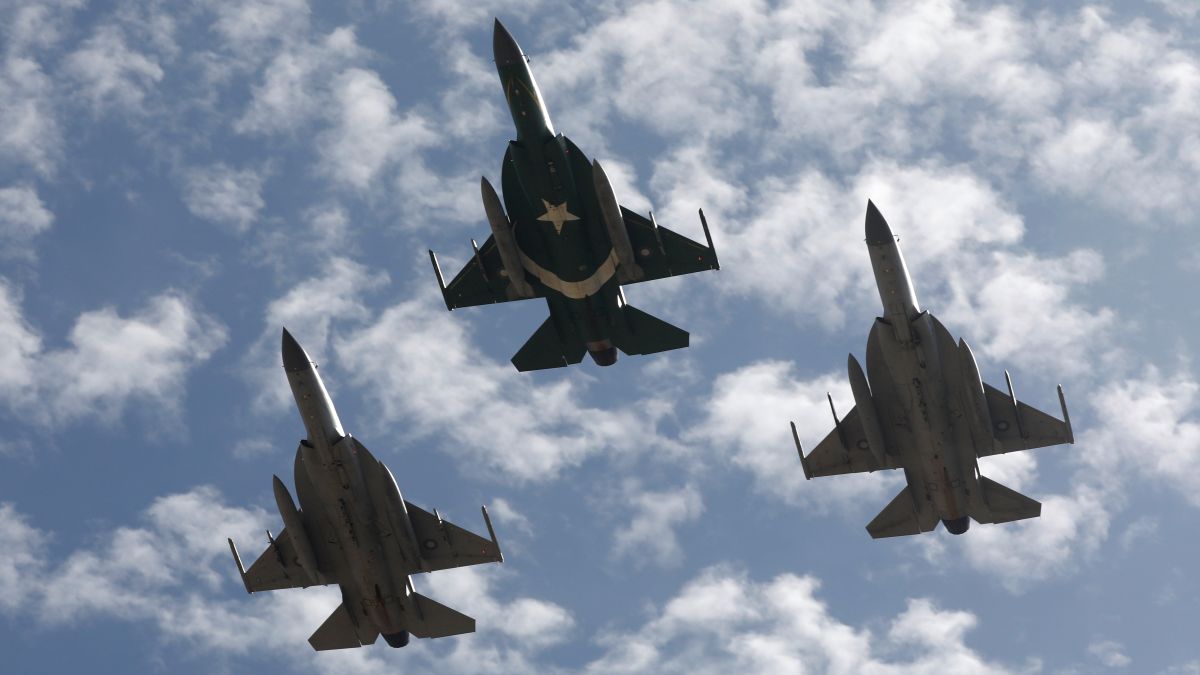)
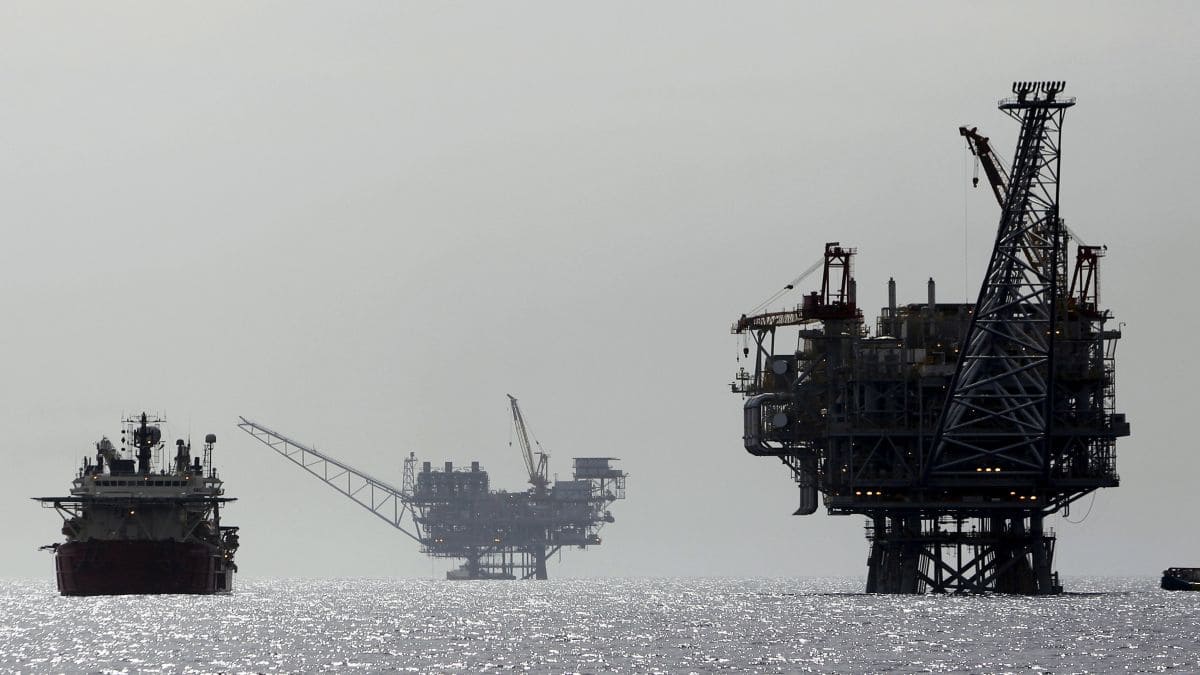
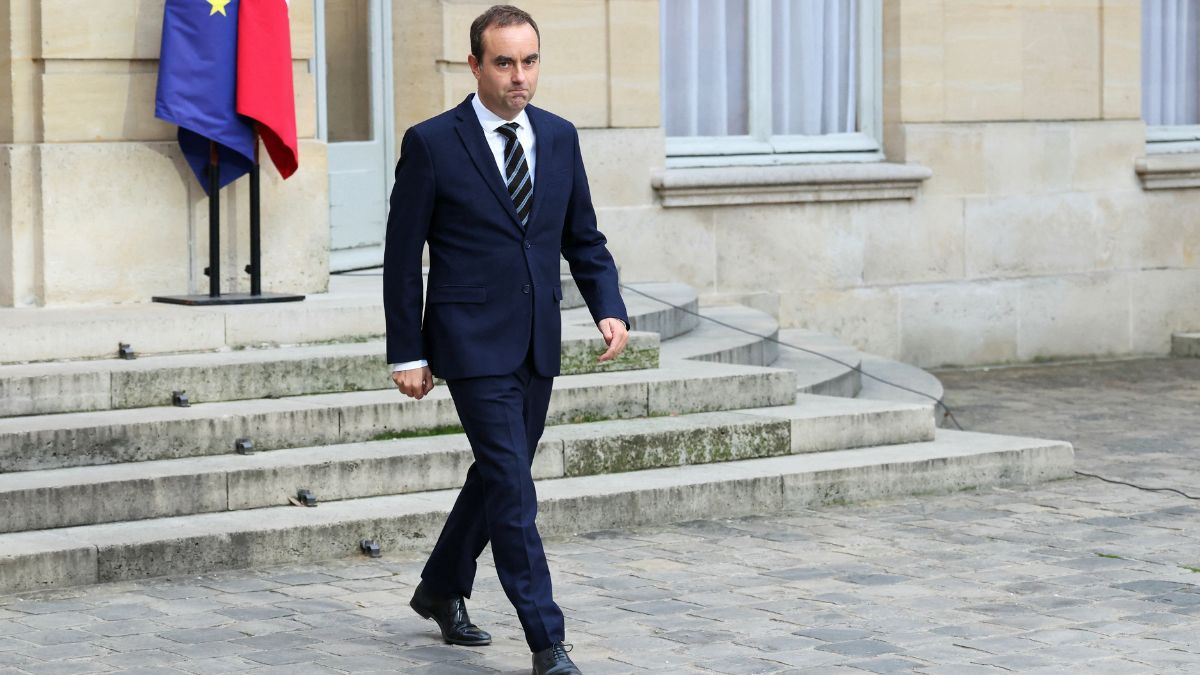)
)
)
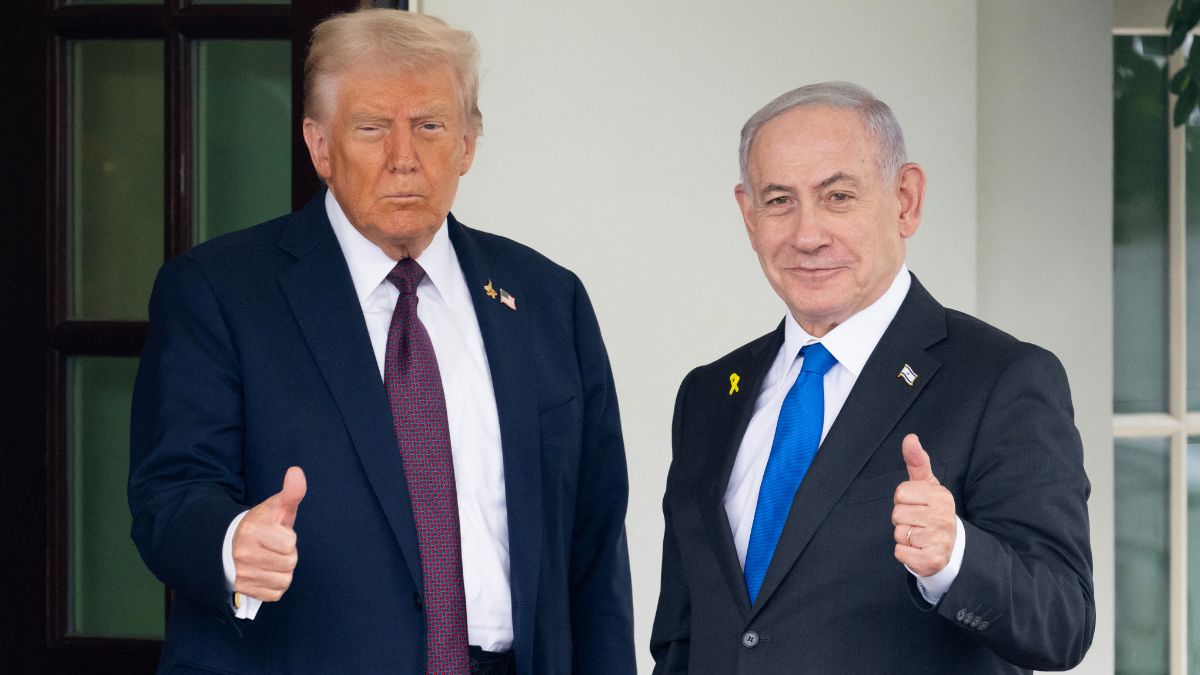)
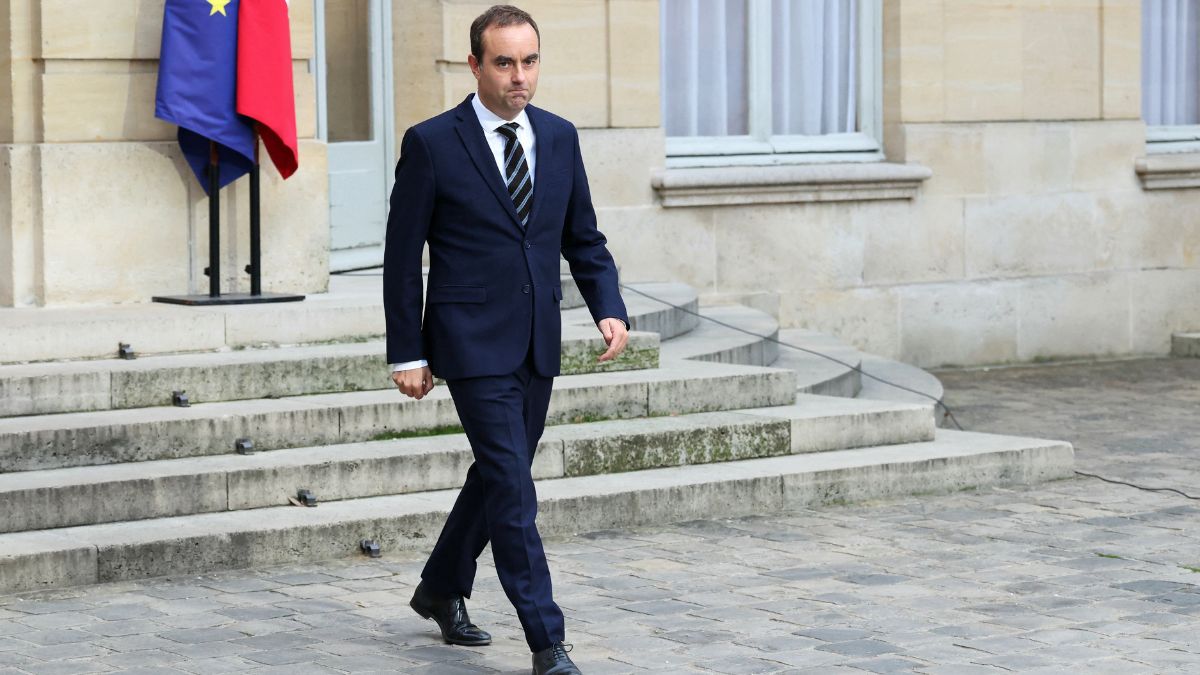)
)
)
)



